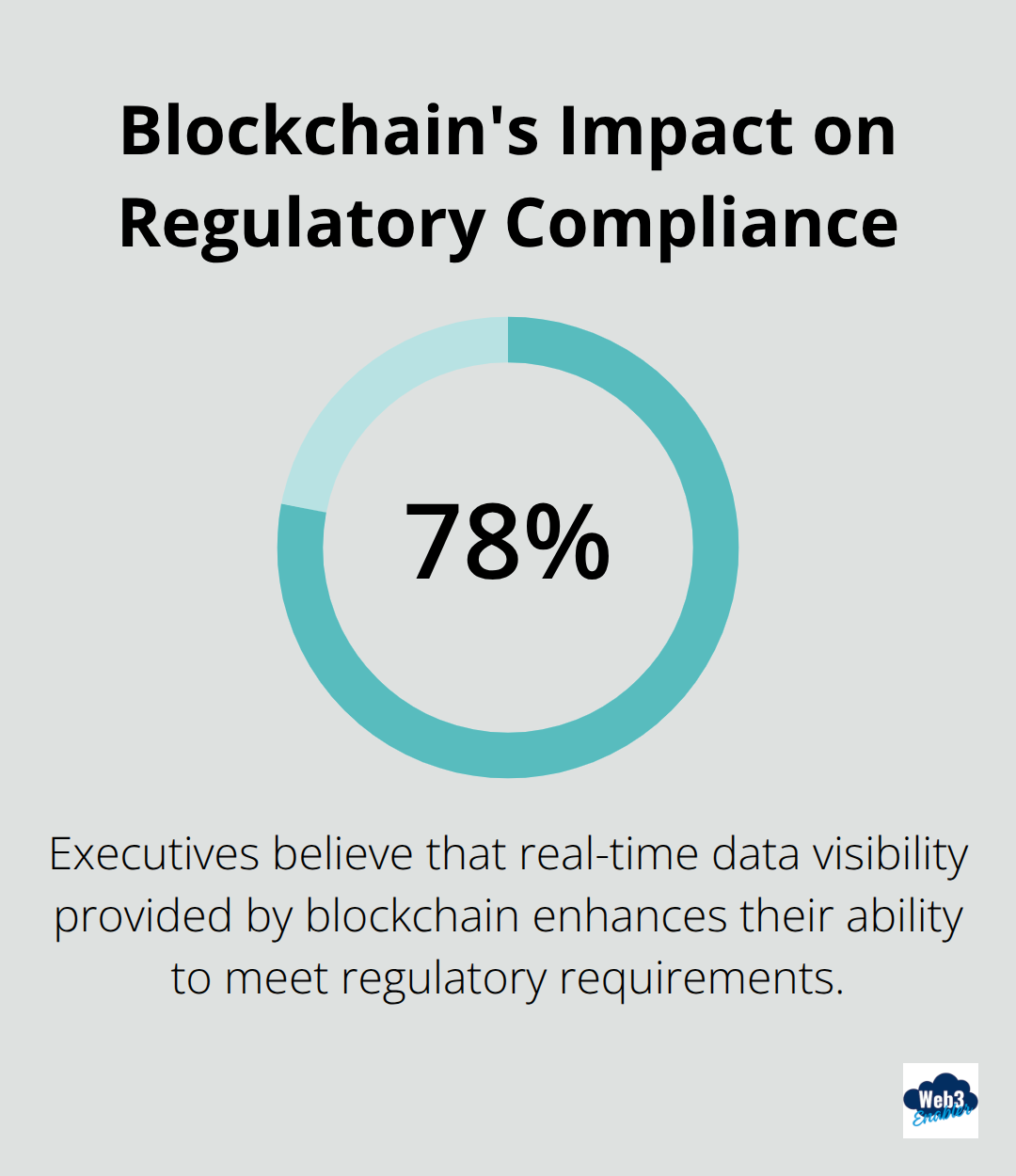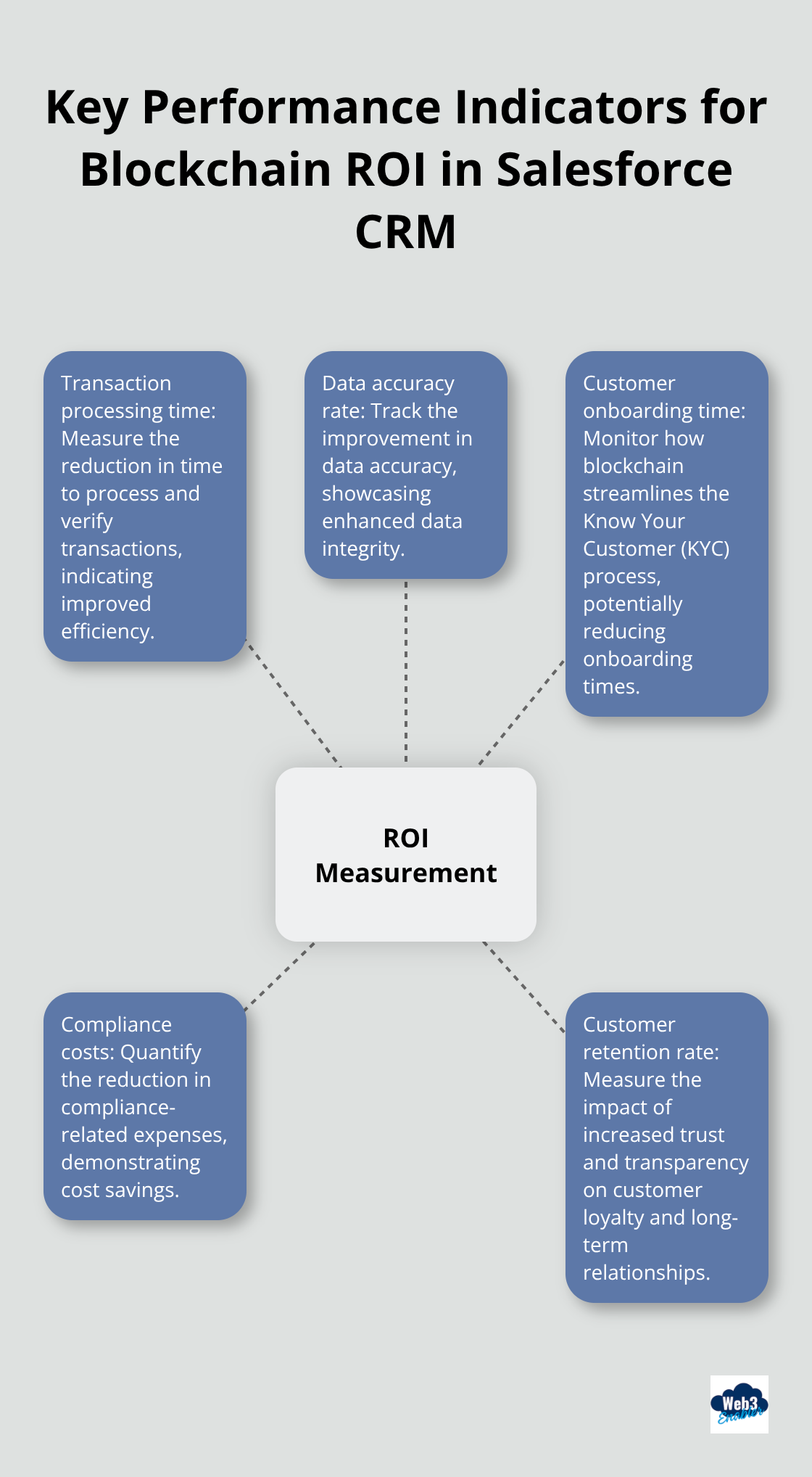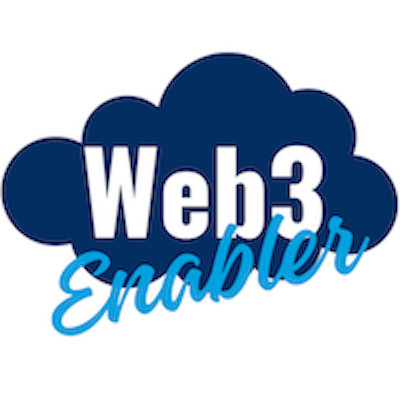
But how can companies truly maximize their blockchain ROI when integrating it with Salesforce? This post will guide you through the process, from implementation to measuring success, ensuring you get the most value from this game-changing technology.
How Blockchain Transforms Salesforce CRM
Revolutionizing Data Integrity and Trust
Blockchain integration in Salesforce CRM transforms how businesses manage customer relationships and data. This powerful combination enhances security, transparency, and efficiency. The integration incorporates distributed ledger technology into Salesforce’s robust customer relationship management platform.
Blockchain’s immutable nature significantly strengthens data integrity within Salesforce. Every transaction and customer interaction gets recorded in a tamper-proof manner, creating an unalterable audit trail. This level of transparency builds trust with customers and stakeholders alike.
Streamlining Operations and Cutting Costs
The integration of blockchain into Salesforce CRM automates complex processes through smart contracts, which slashes operational costs. This efficiency gain allows teams to focus on high-value tasks rather than mundane data entry and verification.
Enhancing Data Security and Simplifying Compliance
In an era of increasing data breaches, blockchain’s cryptographic security measures provide an additional layer of protection for sensitive customer information. The decentralized nature of blockchain makes it extremely difficult for hackers to compromise data. Moreover, the transparent and immutable record-keeping facilitated by blockchain simplifies compliance with regulations like GDPR and CCPA. According to a survey by Deloitte, 78% of executives believe that real-time data visibility provided by blockchain enhances their ability to meet regulatory requirements.

Enabling Secure Payments and Real-time Visibility
Blockchain integration in Salesforce CRM opens up new possibilities for secure payment processing and financial management. Businesses can now accept stablecoin payments directly through their CRM system, reducing transaction fees and speeding up settlement times. Financial advisors benefit from real-time visibility into their clients’ cryptocurrency holdings, allowing for more informed decision-making and personalized service.
The transformation of Salesforce CRM through blockchain integration is not just a theoretical concept-it’s a reality that’s already delivering tangible benefits to businesses across industries. As we move forward, let’s explore the practical steps involved in implementing this game-changing technology in your existing Salesforce setup.
How to Integrate Blockchain into Your Salesforce CRM
Integrating blockchain into your Salesforce CRM is a strategic move that can significantly enhance your business operations. This chapter outlines key steps and considerations to ensure a smooth integration process.
Assessing Your Business Needs
Before you start the integration, you must assess your specific business needs. Ask yourself: Do you want to enhance data security? Streamline payment processes? Improve supply chain transparency? Each use case requires a different approach. For example, if secure payments are your primary concern, you should focus on stablecoin integration as your priority.
Selecting the Right Blockchain Solution
The choice of blockchain solution is critical. While many options exist, not all offer equal benefits, especially for Salesforce integration. Web3 Enabler stands out as the only native blockchain solution on the Salesforce AppExchange. This native integration ensures seamless compatibility and reduces implementation complexities.
Overcoming Common Challenges
Integration comes with its share of challenges. One common issue is resistance to change within organizations. To address this, we recommend a phased rollout approach (starting with a small team and gradually expanding). This method allows for iterative improvements and helps build confidence in the new system.
Data privacy is another concern when leveraging blockchain’s transparency. Advanced encryption techniques and permissioned blockchain networks can address this issue, allowing businesses to control access to sensitive information.
Scalability can also pose challenges, especially for larger enterprises. Solutions designed to handle high transaction volumes (like those offered by Web3 Enabler) ensure that your blockchain-enabled Salesforce CRM can grow with your business.
The successful integration of blockchain into Salesforce CRM paves the way for enhanced security, efficiency, and customer trust. The next chapter will explore how to measure and maximize the return on investment from this powerful combination.
How to Measure Blockchain ROI in Salesforce CRM
Tracking Key Performance Indicators
To measure the ROI of your blockchain-enabled Salesforce CRM, you should focus on specific, measurable KPIs. These include:

- Transaction processing time: Measure the reduction in time to process and verify transactions.
- Data accuracy rate: Track the improvement in data accuracy.
- Customer onboarding time: Monitor how blockchain streamlines various processes.
- Compliance costs: Quantify the reduction in compliance-related expenses.
- Customer retention rate: Measure the impact of increased trust and transparency on customer loyalty.
Quantifying Cost Savings and Efficiency Gains
Blockchain integration can lead to substantial cost savings and efficiency improvements:
- Reduced transaction fees: If you use blockchain for payment processing, compare your current transaction fees with previous methods. Many businesses report savings of up to 90% per transaction.
- Decreased manual data entry: Measure the time saved on manual data entry and reconciliation.
- Faster dispute resolution: Track the time and resources saved in resolving disputes.
- Improved supply chain efficiency: If applicable, measure the reduction in delays and errors in your supply chain.
Leveraging Improved Trust for Revenue Growth
The enhanced trust and transparency provided by blockchain can directly impact your bottom line:
- Increased customer acquisition: Track new customer growth attributed to improved trust and security.
- Higher transaction values: Monitor changes in average transaction values.
- New revenue streams: Quantify any new revenue opportunities created by blockchain integration.
- Brand value: While harder to quantify, improved brand reputation due to enhanced security and transparency can lead to long-term value. Try to conduct regular brand perception surveys to track this metric.
Maximizing ROI from blockchain integration in Salesforce CRM requires ongoing effort. You should review these metrics regularly, gather feedback from users and customers, and optimize your implementation continuously. This approach will help ensure that your investment in blockchain technology delivers substantial returns for your business.
Final Thoughts
Blockchain integration in Salesforce CRM revolutionizes customer relationship management. It enhances security, streamlines operations, and builds trust with stakeholders. The technology continues to evolve, offering more sophisticated solutions for businesses across industries.
Companies that adopt blockchain now gain a competitive edge in the digital marketplace. Successful implementation requires careful planning and the right technology partner. Web3 Enabler provides a comprehensive solution for businesses looking to integrate blockchain into their Salesforce CRM.
Maximizing blockchain ROI in Salesforce CRM demands strategic utilization and continuous improvement. Businesses must track key performance indicators, quantify cost savings, and leverage improved trust for revenue growth. This approach ensures optimal value from blockchain investment and positions companies for success in the digital age.







